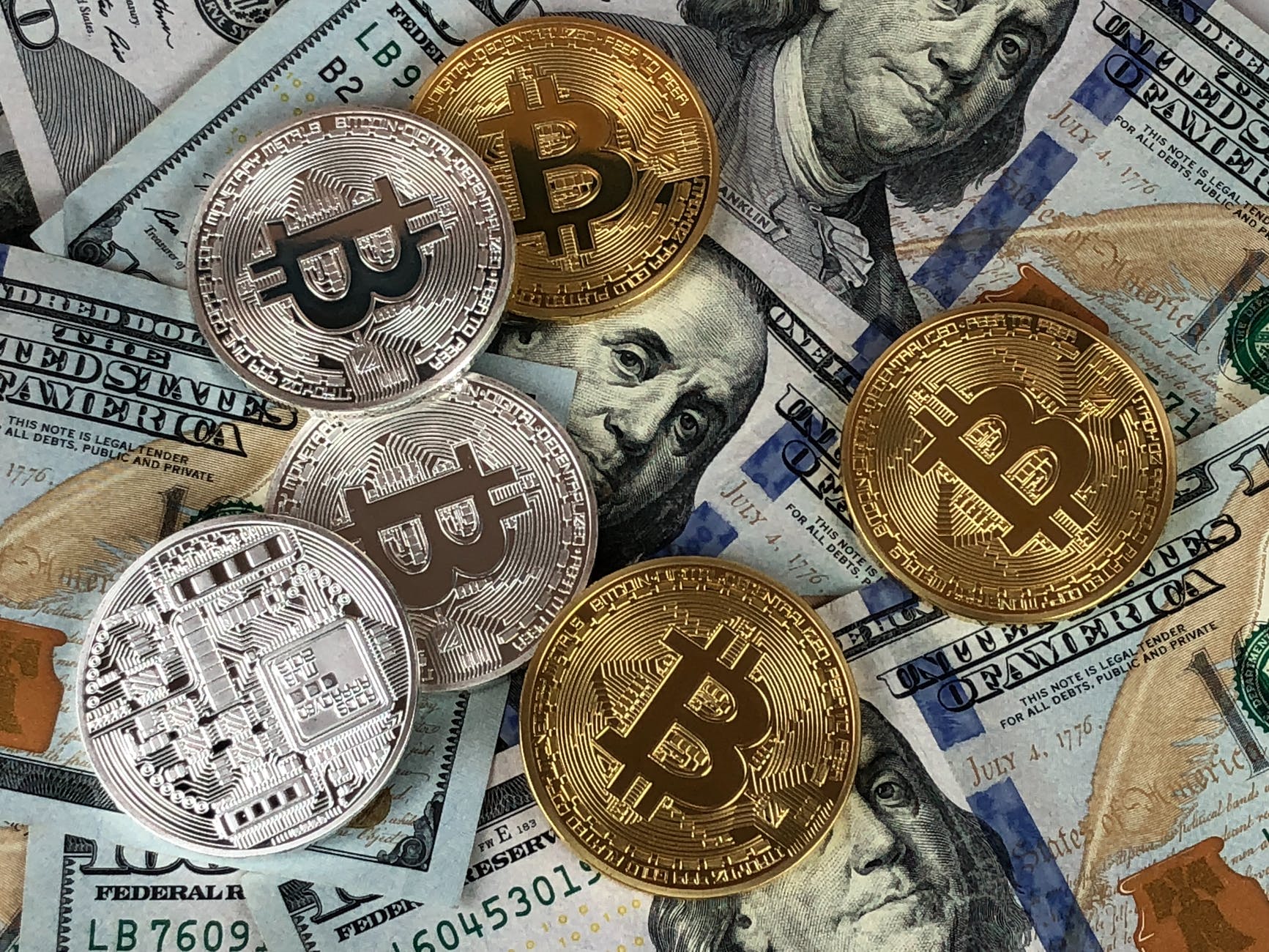Bate’s strategy pulled threads from the scientific debate about DDT and turned it into a story that warned against Western-led public health. Malaria rates were rising worldwide, he wrote, especially in Africa, and decades of epidemiological research on DDT had failed to provide conclusive evidence of health damage. The evidence of a link between DDT and cancer in particular was weak at best. It was time, he said, to reinforce the notion that the baseless defamation of DDT by environmentalists had put millions of young, poor children at risk of a deadly infection. DDT was not just another example of ‘junk science’, according to Bate. A revision of history would achieve what few other stories of science, health and the environment could.
“You can’t prove DDT is safe, but after 40 years you can’t prove it’s guilty of anything,” he wrote. Yet DDT had remained “such a totemic villain to the Greens” that if you could put a moral dilemma on it, it would pit liberals loyal to the environment against those committed to public health, he argued.
It was, he said, a matter “over which we can divide our opponents and win.”
The tobacco companies seemed convinced. Bate collected £50,000 to £150,000 in payments from British American Tobacco and fees of £10,000 a month from Philip Morris’s European offices. He and his ESEF staff set to work publishing opinion pieces, books and fact sheets about the benefits of DDT and the harms of the ban. And the argument gained momentum.
“It’s time to spray DDT,” wrote popular columnist and author Nicholas Kristof. “DDT was killing bald eagles because of its persistence in the environment,” editor-in-chief Tina Rosenberg wrote in the New York Times. “Silent Spring is now killing African children because of its persistence in public opinion.” ABC News reporter John Stossel wondered how otherwise environmentalists had misled the country. “If she and others are so wrong about DDT, why should we trust them now?” he said.
The tobacco companies were satisfied. “Bate is a very valuable resource,” said a Philip Morris executive. “Bate gave great value for money,” said another.
Bate did not act alone. The Competitive Enterprise Institute (CEI), a think tank whose scientists had spent the 1990s defending tobacco and denying global warming, launched a website, www.RachelWasWrong.org, featuring the school photos of African children who had died of malaria. CEI’s site said its partners were a group called the American Council on Science and Health (long devoted to denouncing chemical bans) and an equally anodyne-sounding organization called Africa Fighting Malaria.
On its website, the AFM described itself as a “non-profit health advocacy group”. But the chairman of the board was Bate. The core staff of three included a woman named Lorraine Mooney, a close associate of Bate who had previously led the ESEF. Funders include foundations and think tanks that promote free market ideals and Exxon Mobil.
The Global POP Convention was signed in 2001 with an exception for DDT among the persistent chemicals it brought under global regulation. The malaria scientists who had most advocated the exception went further. But for free-market advocates like Bate, the exception only enhanced the value of DDT’s story. So they continued to spread their DDT story far and wide. People who bought the story as they encountered it in the early 2000s on the burgeoning internet took it from there. Before long, websites, blogs, and chat rooms were filled with people calling Rachel Carson a “paranoid liar,” “mass murderer,” and worse. Because of the DDT ban that inspired her book, she was responsible for more deaths than Adolf Hitler, they said. After more than 40 years of death, she and her argument against DDT became powerful symbols for conservatives of the dangers of liberalism.
This post How the battle for a pesticide sparked scientific skepticism?
was original published at “https://www.wired.com/story/ddt-battle-scientific-skepticism”
